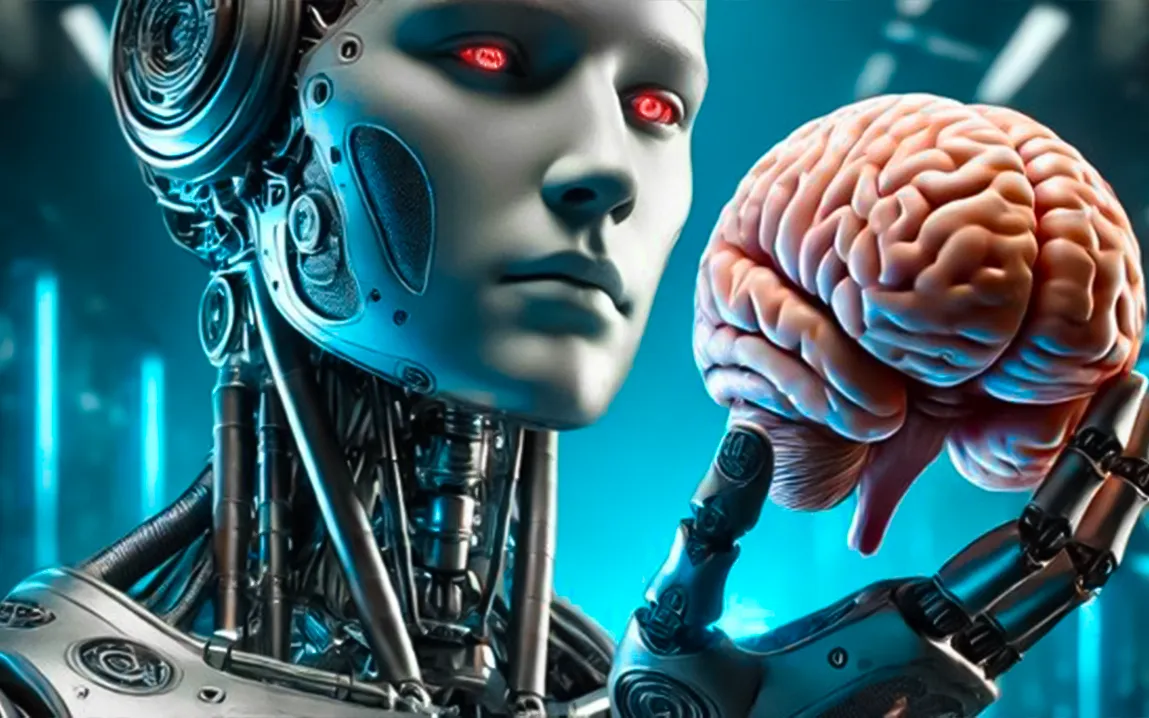In today’s fast-paced, digitized world, artificial intelligence has become an important attribute in everyday living. It has now turned out to be very useful in making decisions and completing academic assignments in the most timely manner. Yet the experts are sounding out a call to alarm about such over-reliance, particularly among academics, which, over time, is dealing a blow to critical thinking skills in both students and professionals alike. As much as AI can process information with speed and accuracy, it is not to be overlooked that it influences cognitive ability and intellectual development.
Rise of AI in Education
Large language models like ChatGPT have been put into action, doing everything from writing assignments to data analysis in educational institutions. Students use AI to create content, solve complex problems, and even answer exam questions. Such obvious appeal to AI suggests a profundity of speed that delivers a response organized and easily digested by the user. But such conveniences may be purchased at the price of intellectual depth.
It means students will not go through the tedious process of research and critical analysis because AI is doing the thinking for them. Instead of engaging with difficult concepts, students may merely type a question into a chatbot and receive a neat, prepackaged answer. This shortcut reduces the mental effort needed to explore a topic in depth, thus stunting cognitive growth and the development of critical thinking skills. For this reason, many experts believe that such tools, although useful in some contexts, should not be regarded as substitutes for the intellectual processes involved in learning.
Impact on Cognitive Development
Critical thinking, or the ability to analyze, evaluate, and synthesize information, is a cornerstone of effective decision-making and problem-solving. It enables individuals to sift through a sea of information, determine what is true and what is not, and arrive at informed decisions. But with AI doing the job, the human brain loses this chance at creating new neural pathways by solving problems. It is also referred to as “cognitive reserve,” meaning that a high level of hard mental activity keeps the brain agile and fit.
The more students reach for AI as a crutch, the less they exercise their brains. Studies have proved that excessive use of these tools weakens memory and works as an obstacle to developing critical thinking and analysis. The skills in the evaluation of sources for validity, questioning them, and intellectual debate get minimized once AI is used to automate research or writing. As a result, students become increasingly dependent on the technology for answers rather than their own minds in order to learn.
The Psychological Toll
Use of AI reduces mental effort. This may feel like a relief in the short term. However, this reduction in cognitive load comes at a psychological cost. Studies have shown that any time individuals use artificial intelligence tools for tasks that require deep thought and reflection, they are relieved from mental effort, but at the cost of quality learning. The ease with which AI retrieves information could create an illusion of understanding in the minds of students who think they understand a concept without having deeply processed or reflected upon it.
This may foster a shallow understanding of subjects and make the retention of information more difficult in the long run. With AI automating the more laborious aspects of research and problem-solving, students may fail to develop the perseverance needed to overcome intellectual challenges. This could have far-reaching consequences in professional and academic fields where critical thinking is paramount.
The Ethical and Practical Concerns
Another important issue is the way AI can breach academic integrity. Tools like ChatGPT can generate whole essays or reports, often making it difficult for educators to discern whether the work is truly the student’s own. This is a challenge to the traditional model of education, where students are supposed to be able to demonstrate independent thinking through assignments and exams. There are questions of authenticity and originality in academic work when AI is used to complete the work without giving proper attribution.
In addition, excessive use of AI raises ethical concerns regarding biases in AI-generated content. Because these algorithms are only as good as the information they are trained on, they can further perpetuate biases or misinformation. Students who rely on AI to do their research may inadvertently include biased or incorrect information in their work, further degrading the quality of their education.
Balancing Use of AI with Critical Thinking
But even then, AI offers some prospects to improve learning-under proper conditions, that is. AI can assist the students by supplementing resources, helping them arrange information in one place, or giving feedback over their work. It is very important that such technology should complement rather than replace the way students have always learned. As a result, educational systems urgently need to consider how to develop the role of AI in the classroom so as not to minimize man-to-man interaction and intellectual understanding.
In fact, striking a balance would call for recommendations of uses that enhance rather than replace critical thinking. For example, AI can present many different views on any topic, so students may have deep analyses. Personalized learning is also done where instructors provide appropriate, individual resources for critical challenges in the way of learning. Nevertheless, students still need to be encouraged to do their own research, question assumptions, and engage with the material more deeply.
Conclusion
The benefits accruable from the increased rise of AI in education and research include efficiency and speed, which are just undeniable. On the flip side, however, with this usage becoming even more pervasive, it becomes vital to realize some potential downsides to this trend-most especially how this may affect critical thinking skills. Such over-reliance on AI for quick answers could turn out to make students unable to think critically, solve problems independently, or retain information.
The key here will be in making sure AI in education will remain a help, with boundaries to nurture responsible use but without undermining critical thinking and intellectual engagement principles. With this, finding a proper balance means AI could assist learning in better ways, while essential competencies among tomorrow’s thinkers and leaders would be preserved.



